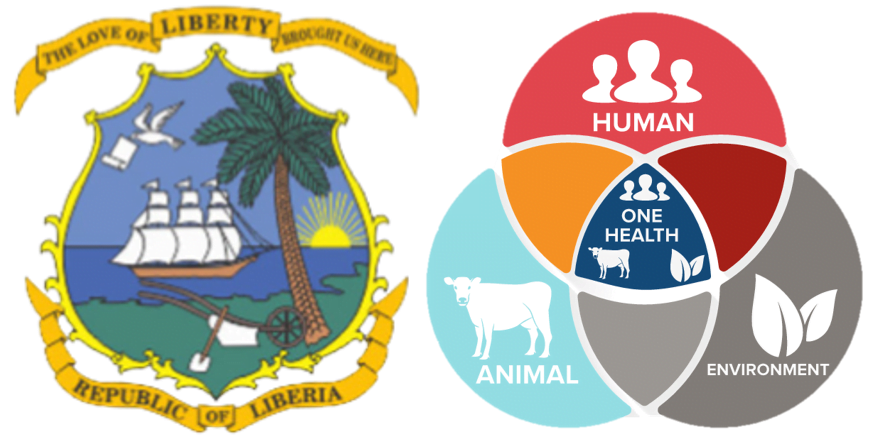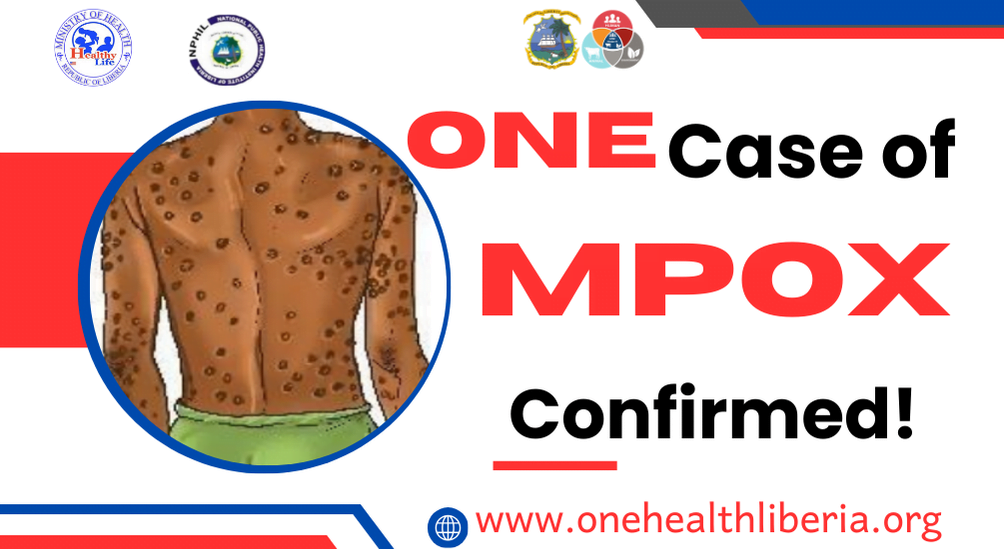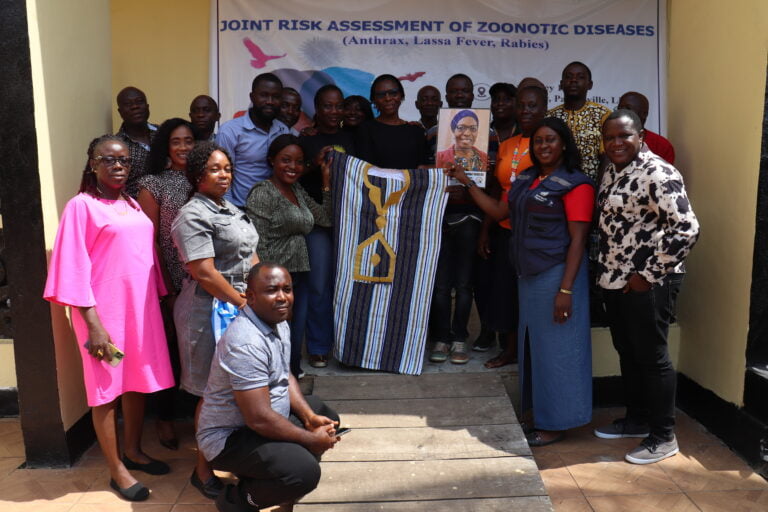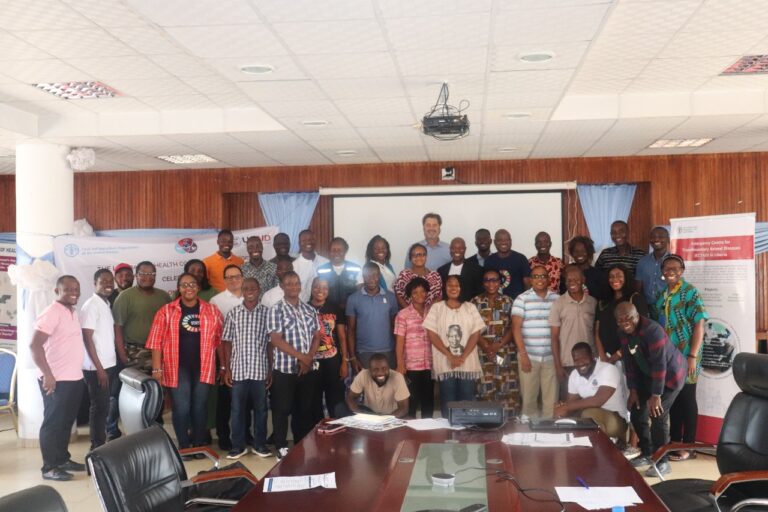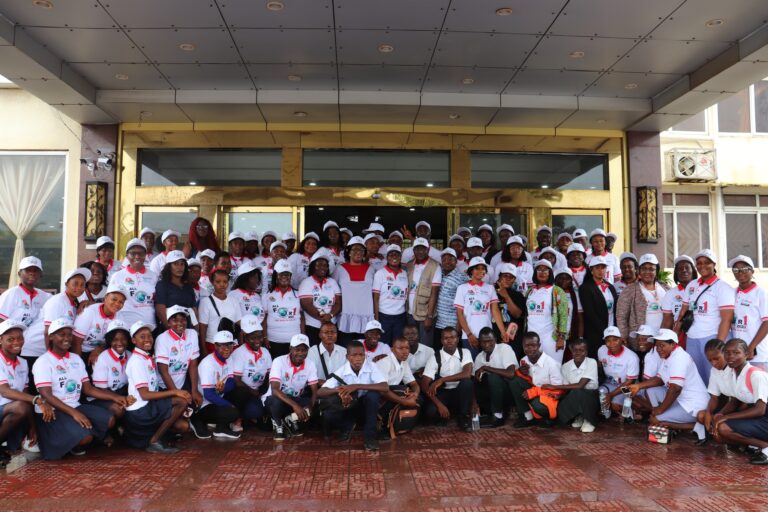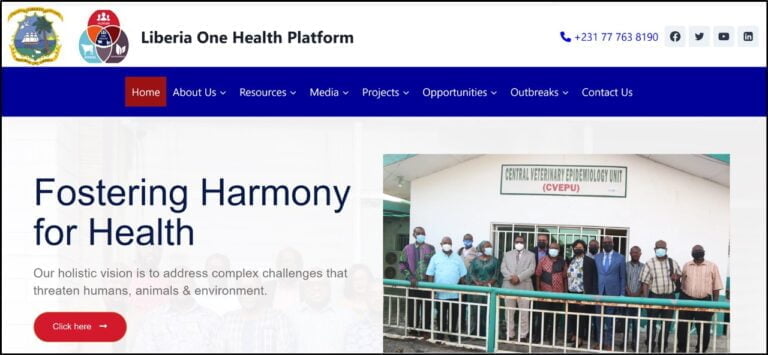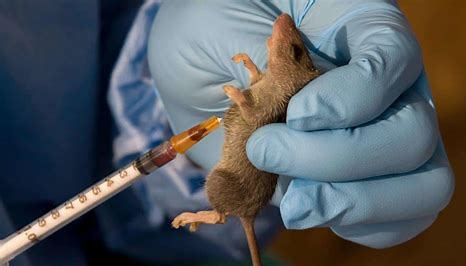NPHIL Confirms Mpox Case in Sinoe County: Public Urged to Stay Vigilant
The National Public Health Institute of Liberia (NPHIL) has confirmed a case of Mpox in a 7-year-old girl from Sinoe County, marking the seventh confirmed case in the country since the beginning of the year. This latest case is particularly notable as the patient has no history of travel, suggesting local transmission. According to NPHIL, the child is in stable clinical condition, receiving care in an isolation facility to prevent further spread of the virus.
The identification of this case came after the NPHIL, through its National Public Health Reference Laboratory, conducted testing on two out of eight suspected cases. The laboratory is continuing to process these samples with the highest priority. The confirmed and suspected cases are currently in isolation, with health teams monitoring their conditions closely to ensure appropriate care and prevent any further spread.
To better understand the nature of the Mpox strain currently circulating in Liberia, NPHIL is collaborating with other laboratories across the region. This partnership aims to conduct comprehensive genomic sequencing, which will provide critical insights into the specific strain of the virus, its mutations, and its transmission patterns. This data will be crucial for informing public health strategies and response measures, both within Liberia and in neighboring countries.
During a media briefing on Monday, September 2, 2024, in Monrovia, NPHIL’s Director-General, Dr. Dougbeh Chris Nyan, emphasized the importance of public awareness and adherence to preventive measures to curb the spread of Mpox. He urged the public to practice regular handwashing, avoid close contact or sexual relations with individuals exhibiting symptoms of Mpox, and minimize contact with animals, particularly those that may be carriers of the virus. Dr. Nyan also called on communities to remain informed and cooperate with health authorities to ensure swift reporting and containment of any suspected cases.
“As the situation evolves, NPHIL remains committed to protecting the health and well-being of all Liberians and persons with our borders through continuous monitoring, public education, and swift response to emerging health threats. The public is encouraged to stay updated on the latest information and follow the guidance provided by health authorities to prevent the spread of Mpox and other infectious diseases”, Dr. Nyan stressed.
On August 14, 2024, the World Health Organization (WHO) declared the Monkeypox virus (Mpox) outbreak as a Public Health Emergency of International Concern (PHEIC). This declaration highlights the gravity of the ongoing outbreak in multiple African countries, with significant concerns in Central and West Africa.
On a continental scale, Mpox continues to pose a significant public health challenge. Recently, five new countries—Burundi, Kenya, Rwanda, Côte d’Ivoire, and Uganda—have reported cases, bringing the total number of affected African nations to 15. This spread underscores the ongoing risk of Mpox in the region and the need for robust surveillance and response mechanisms.
Mpox is caused by the Monkeypox virus, which is related to the smallpox virus. Transmission occurs primarily through direct skin-to-skin contact, including sexual contact involving bodily fluids or lesions located around the anus, rectum, or vagina of an infected person. Additionally, the virus can spread through respiratory secretions during prolonged face-to-face contact, making it important to avoid close contact with individuals showing symptoms. The symptoms of Mpox include fever, chills, headaches, swollen lymph nodes, muscle aches, and characteristic skin lesions, among others. These symptoms can vary in severity, and the disease can be particularly concerning for children, pregnant women, and individuals with weakened immune systems.
